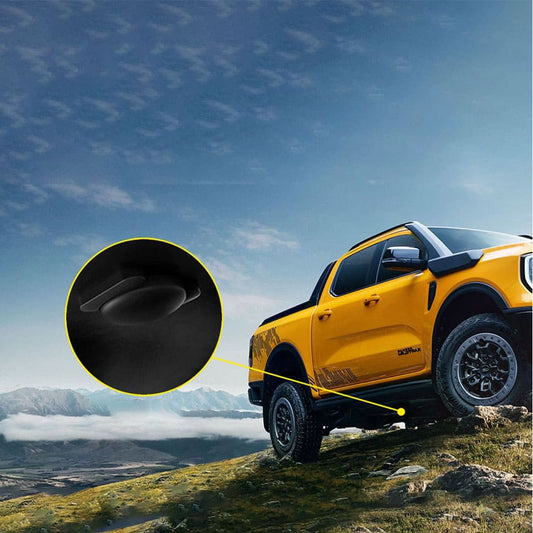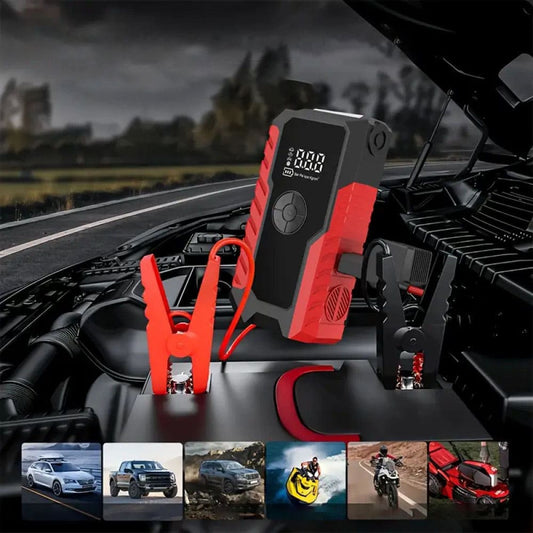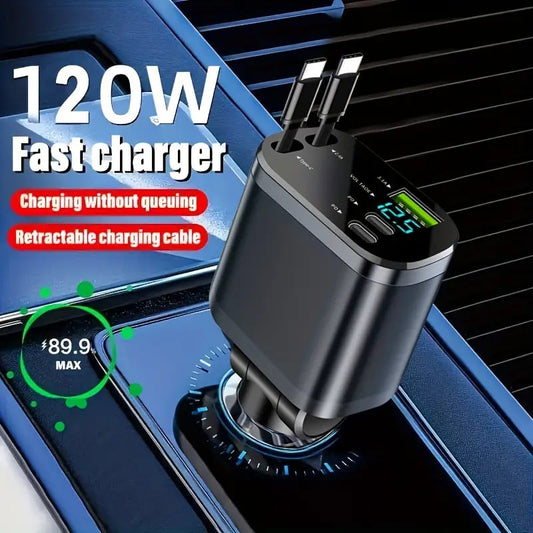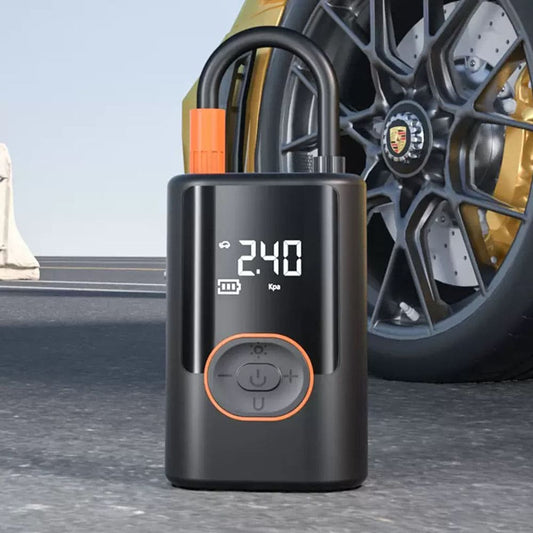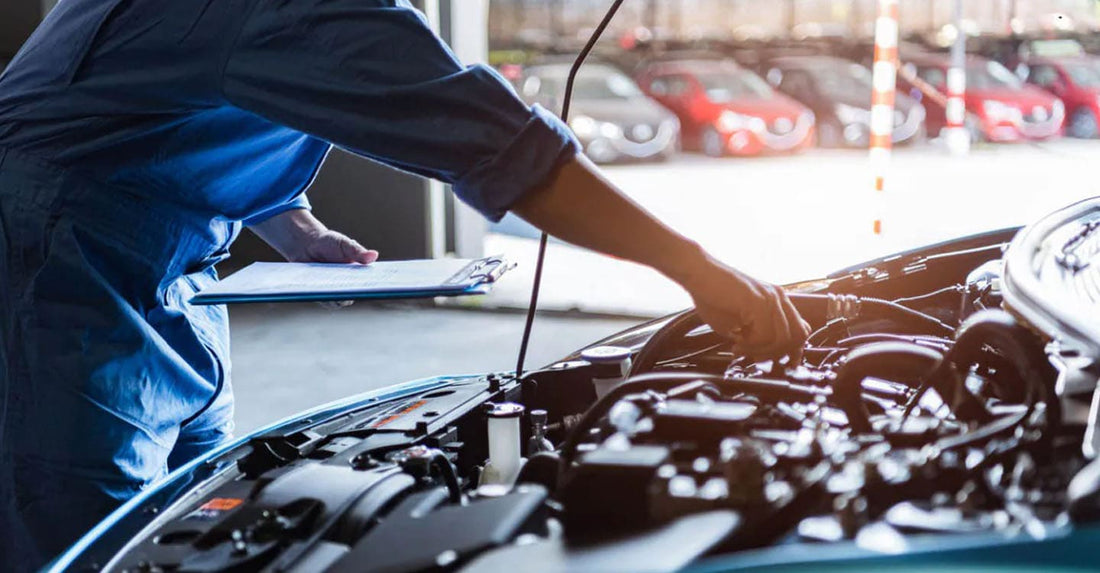
Car Warranty Guide: What You Need to Know for Your Vehicle Protection
Share
Understanding Car Warranties: A Complete Guide for Dynara Customers
When you buy a new car, you expect it to last for years. But what happens when unexpected repairs are needed? This is where car warranties come in. A car warranty helps protect you from expensive repair bills by covering certain repairs for a set period or mileage. But, not all warranties are created equal. Some are more comprehensive than others, and understanding the details is crucial to getting the most value. This guide explains the ins and outs of car warranties, from basic coverage to extended warranties, and helps you decide whether an extended warranty is worth the investment.
What Is a Car Warranty?
A car warranty is essentially a promise from the manufacturer or a third-party company to cover specific repairs for your vehicle. It protects against manufacturing defects and covers repairs to parts that fail under normal use. However, warranties typically do not cover damage caused by accidents, misuse, or wear and tear.
MORE: Ultimate Car Maintenance Guide: Tips, Costs, and Essential Checkups
How Long Does a Car Warranty Last?
Car warranties are usually valid for a set period or mileage limit, whichever comes first. The most common warranty is 3 years or 36,000 miles. However, this varies by manufacturer and model. Keep in mind that the average driver in the U.S. drives 14,500 miles per year, so you may hit the mileage limit before the time limit.
Types of Car Warranties

Comprehensive Warranty
This is often referred to as a "bumper-to-bumper" warranty. It covers almost everything except normal wear and tear and specific exclusions like tires and brake pads.
Powertrain Warranty
Covers major mechanical components like the engine, transmission, and drivetrain, typically lasting longer than the bumper-to-bumper warranty.
Restraint Systems Warranty
This warranty covers your car’s seat belts and airbags for a limited period, usually 5 years or 60,000 miles.
Corrosion Warranty
Covers the repair of rusted body panels but typically only if the rust is severe.
Emissions Warranty
This warranty covers the components related to your car's emissions system, with varying durations depending on the state you're in.
Hybrid and EV Battery Warranty
Covers the battery and electric components of hybrid and electric vehicles, often for 8 years or 100,000 miles.
MORE: Ultimate Car Maintenance Guide: Tips, Costs, and Essential Checkups
What Does a Car Warranty Cover?
Warranties generally cover repairs for defects in parts and materials. If a part fails due to a manufacturing issue, the warranty will cover its replacement. For instance, if your car’s air conditioning stops working while it’s under warranty, it will typically be covered.
However, regular maintenance like oil changes, brake pad replacements, and tire rotations are not included.
What’s Not Covered by Car Warranties?

Normal Wear and Tear: Components like brake pads, tires, and wiper blades are subject to wear and tear and aren't covered under warranty.
Accident Damage: If the vehicle is damaged in an accident, the warranty won’t cover repairs.
Abnormal Use: If you use your car in a way it was not intended to be used (like off-roading or towing beyond its capacity), your warranty may be voided.
Does a Car Warranty Transfer to a New Owner?
Yes, most warranties transfer when a car is sold, though some warranties may have altered terms. For example, Hyundai and Kia offer a 10-year/100,000-mile powertrain warranty, but if you sell the car, the new owner may only receive 5 years/60,000 miles of coverage.
Checking If Your Car Is Under Warranty
To check if your car is still under warranty, note the purchase date and mileage. If you’re not the original owner, make sure the warranty was transferred to you.
Extended Car Warranties: Are They Worth It?
An extended warranty provides additional coverage once your manufacturer’s warranty expires. It’s essentially a safety net for costly repairs down the line. However, extended warranties can be expensive, and in many cases, the cost may outweigh the benefits, especially for well-made vehicles that don’t require frequent repairs.
Things to Consider Before Purchasing an Extended Warranty
Cost: Extended warranties can range from a few hundred to several thousand dollars, depending on the vehicle.
Coverage: Make sure you understand exactly what is covered and what isn’t.
Reputation of the Warranty Provider: Stick with well-known providers like Carchex or Endurance to avoid scams.
Is an Extended Warranty Right for You?
If you drive a high-end luxury or sports car, an extended warranty might be a good idea due to the high cost of repairs. For more common vehicles, it might be more economical to set aside money for repairs instead of buying an extended warranty.
Car warranties offer peace of mind by covering unexpected repair costs. It’s important to understand what your warranty covers and how long it lasts, especially when deciding whether an extended warranty is worth it. By choosing the right warranty for your vehicle, you can protect your investment and avoid costly surprises.

